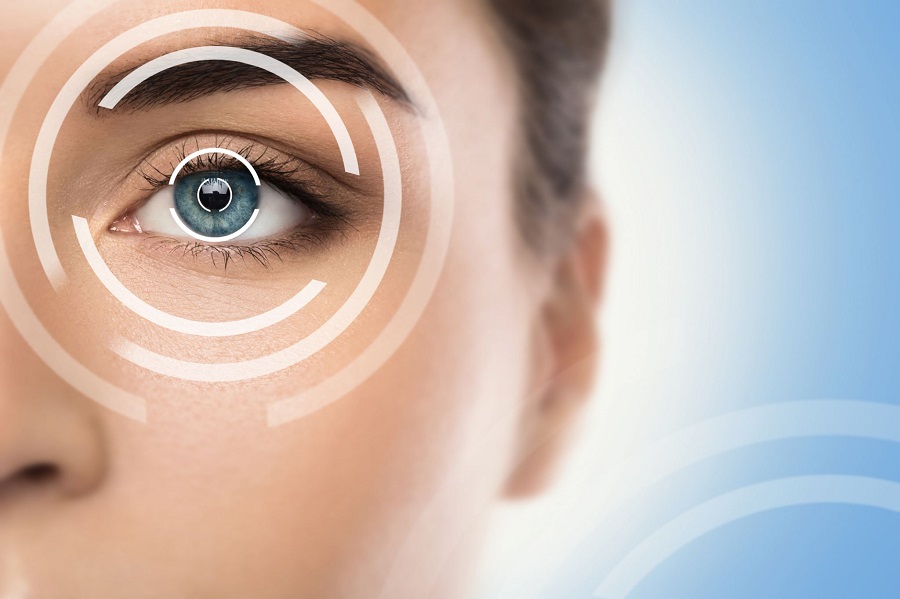Undergoing cataract surgery in Louisville can feel like a big step, but with proper preparation, you can make the entire process smoother and more comfortable. As cataracts cloud the natural lens of your eye, this surgery is designed to restore clear vision by replacing it with an artificial lens. While the procedure itself is generally quick and painless, getting yourself ready in advance is crucial to ensure a seamless experience. In this guide, we’ll walk you through everything you need to know to prepare for cataract surgery, from the pre-surgery eye exam to what to wear on the day of your procedure.
Understanding the Importance of Your Pre-Surgery Eye Exam
Before you undergo cataract surgery, your eye surgeon will perform a comprehensive pre-surgery eye exam. This initial evaluation is a vital part of the process, as it helps the surgeon determine the current state of your eye health and tailor the surgery to your specific needs.
During the exam, various tests will be conducted to assess the shape, size, and condition of your eye. These measurements are essential because they allow your surgeon to select the appropriate intraocular lens (IOL) that will replace your clouded lens. The IOL type, whether monofocal or multifocal, plays a significant role in the quality of your post-surgery vision. A precise fit means you’ll experience fewer complications, and your vision will be as sharp as possible.
Additionally, your surgeon will check for any underlying eye conditions, such as glaucoma or macular degeneration, that could affect the outcome of your surgery. Addressing these concerns beforehand ensures that there are no surprises on the day of the procedure and maximizes your chances of a smooth recovery.
Medications to Avoid: Stop Certain Drugs Beforehand
One of the most important steps in preparing for cataract surgery is understanding which medications need to be stopped ahead of time. Some medications and supplements can increase the risk of complications during surgery, such as excessive bleeding or interactions with anesthesia.
Blood thinners, including aspirin, warfarin, and even some over-the-counter supplements like fish oil or vitamin E, should be temporarily discontinued as per your doctor’s instructions. These drugs can interfere with the body’s natural clotting ability, leading to an increased risk of bleeding during surgery.
Nonsteroidal anti-inflammatory drugs (NSAIDs) like ibuprofen and naproxen should also be avoided, as they can cause similar complications. Your surgeon will provide you with a detailed list of medications to stop and may recommend an alternative plan for managing any chronic conditions you have, such as arthritis or high blood pressure.
It’s crucial to follow these guidelines strictly and consult your surgeon if you’re unsure about any medication. Make sure to inform your eye doctor of any prescriptions, over-the-counter drugs, or supplements you’re taking so they can advise you appropriately.
Arrange Transportation Home: Plan for a Ride After Surgery
After cataract surgery, you won’t be able to drive yourself home, so arranging for transportation in advance is essential. The effects of anesthesia, coupled with the temporary blurriness caused by the protective shield or patch placed over your eye, make it unsafe to drive immediately after the procedure.
Most people are in and out of the surgical center within a few hours, but the sedatives used during surgery can leave you feeling drowsy or groggy. Because of this, you’ll need a reliable friend or family member to escort you home. Even though cataract surgery is an outpatient procedure, you’ll want someone to stay with you for at least the first 24 hours to assist with basic tasks, such as preparing meals or helping you with eye drops.
If you don’t have anyone available to drive you, consider arranging for a ride-sharing service or hiring a transportation provider that specializes in post-operative care. Many hospitals and surgical centers can offer guidance on local services that cater to patients recovering from surgery.
Follow Dietary Restrictions: Specific Eating Guidelines
In the days leading up to your cataract surgery, your surgeon will provide you with specific dietary instructions to follow. Although cataract surgery is a relatively minor procedure, following these guidelines can help reduce the risk of complications.
Typically, you’ll be asked to refrain from eating or drinking for at least 12 hours before the surgery. This is especially important if general anesthesia or sedatives are being used, as having food in your stomach can increase the risk of nausea or vomiting during the procedure.
In some cases, your surgeon may also recommend staying hydrated by drinking clear fluids up to two hours before surgery, but always double-check with your medical team for personalized advice. If you’re taking regular medications, your surgeon may allow you to take them with a small sip of water the morning of surgery.
Adhering to these dietary restrictions is key to ensuring that your body is in the best possible condition for the procedure. If you have specific dietary needs or restrictions, be sure to communicate them with your surgeon well in advance.
Prepare Comfortable Clothing: Wear Loose, Relaxed Attire
What you wear on the day of your cataract surgery can have a big impact on your overall comfort. Since the procedure is typically completed within a few hours, you’ll want to arrive at the surgical center wearing comfortable, loose-fitting clothing.
Choose clothes that are easy to put on and take off without too much hassle. Shirts that button up or zip down the front are ideal, as you won’t need to pull them over your head—this is especially important since you’ll be wearing a protective eye shield after surgery.
Also, avoid wearing any jewelry or accessories, as they can get in the way during surgery. If you wear glasses or contact lenses, be sure to bring a case to store them in, as you won’t need them during or immediately after the procedure. You may also want to bring sunglasses for your ride home since your eyes will be sensitive to bright light after surgery.
Being dressed comfortably not only helps you feel at ease but also allows for quicker movement in and out of the surgical center, reducing stress on the day of your surgery.
Final Checklist: Setting Yourself Up for a Successful Cataract Surgery
Preparing for cataract surgery in Louisville is a multi-step process that requires careful planning and adherence to your surgeon’s guidelines. From undergoing a thorough pre-surgery eye exam to stopping certain medications and arranging for transportation home, each step is designed to ensure your procedure goes as smoothly as possible. Additionally, following dietary restrictions and wearing comfortable clothing can make the day of surgery less stressful.
By taking the time to prepare adequately, you can enter surgery with confidence, knowing that you’ve done everything possible to ensure a successful outcome. With a bit of planning, your journey to clearer vision will be well on its way.





